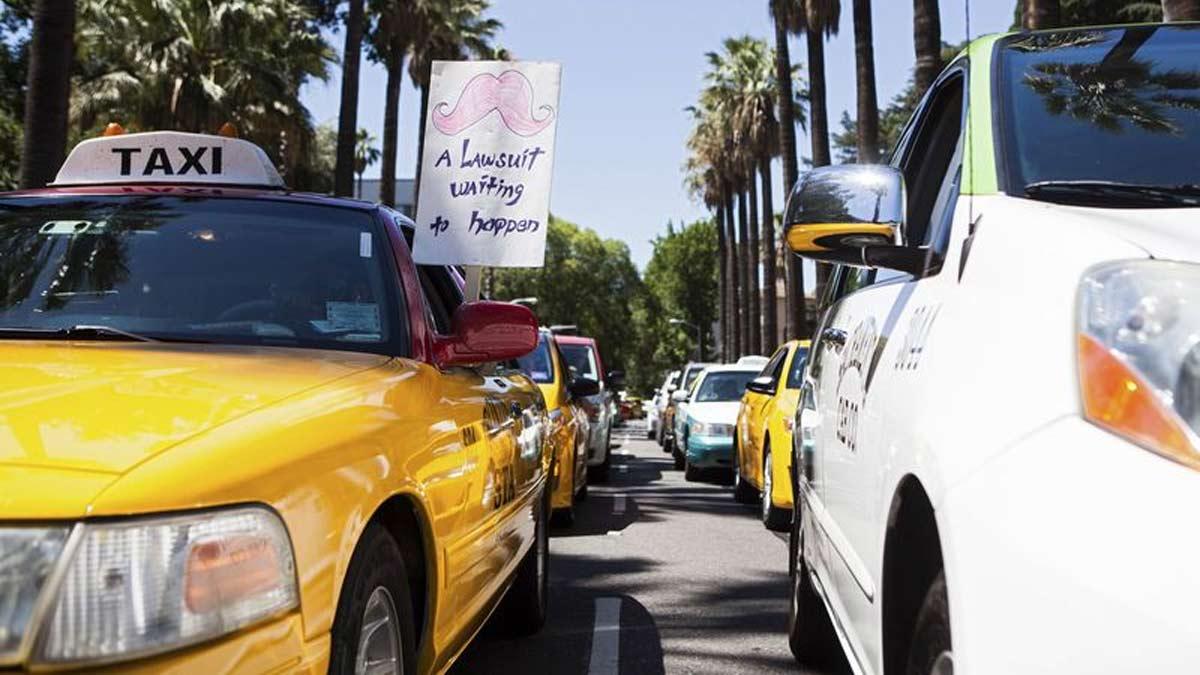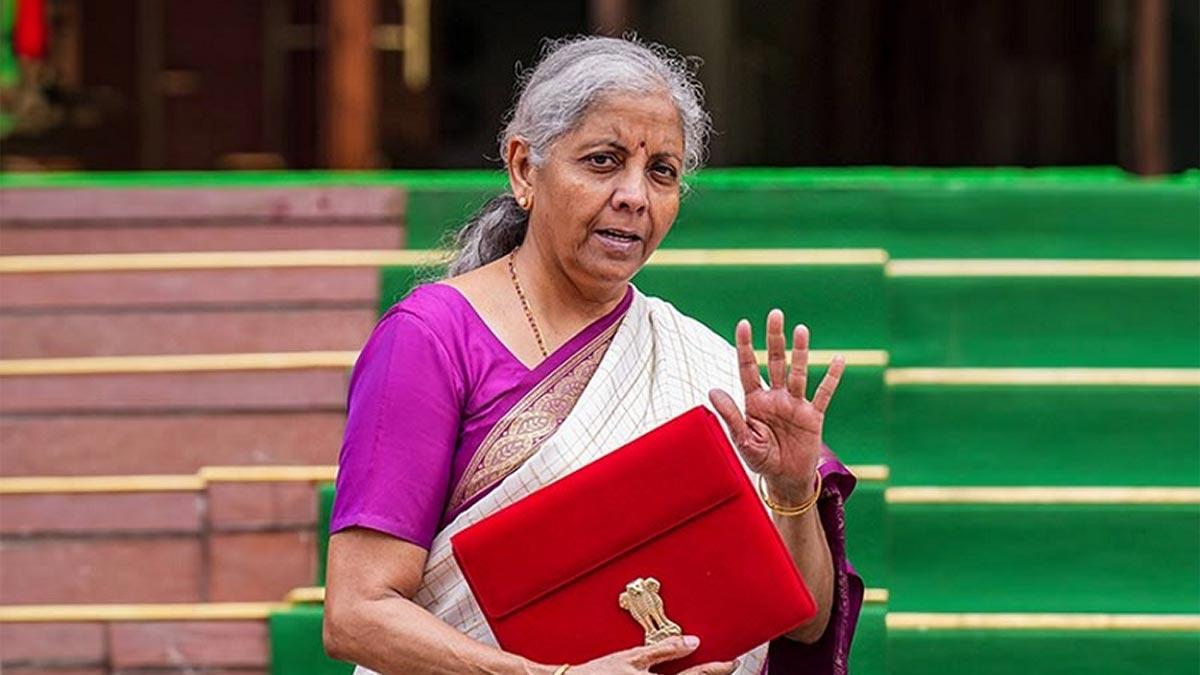The ride-hailing platform already sees India as one of the largest volume markets, and is fast growing, said its President for India and South Asia Prabhjeet Singh, who termed it an "incredibly important market" that presents a multi-decadal opportunity for the company.
Singh described India's mobility opportunity as "massive" and "underpenetrated." "Despite the line-up of products and services we have, the growth being there, we think we have barely scratched the surface," he said.
"There is so much more to be done even though we are growing leaps and bounds," said the top honcho of Uber India.
The mobility giant will continue to bring cutting-edge innovation to the market and also take India-first innovations to the rest of the world, he emphasized. "It is an incredibly important market, a multi-decadal opportunity," Singh said.
The ride-hailing market was one of the least-penetrated markets with less than a per cent of the trips in the city taking place on ride-hailing platforms. ".that number is three to five per cent in multiple mature cities, globally. That gives you a sense of the headroom for growth in a market like India as the ecosystem evolves," he said.
The India business is riding on multiple growth engines, including Uber's 'Auto' and 'Moto,' which open completely new consumer categories, said Khattab. Many innovations coming out of India are now being exported globally, he added.
"Despite the huge scale we have, India is one of the fastest growing markets for us, and that makes it incredibly exciting," he said. Uber is hyper-focused on bringing new services to the market to fuel continued growth.
The ride-hailing app has announced a host of new features, including integration of SOS, helmet selfie, and women rider preference for female drivers-on the way to making experiences for its million-plus drivers "safer, easier, and fairer."
Further, the company also backed the government's Code on Social Security (CoSS), aimed to be a safety net for gig workers, by unveiling an increase in registrations on the e-Shram portal-a one-stop unified database for gig workers and unorganized workers.
To encourage participation and hasten such registrations, Uber gives incentives in cash to the first 10,000 drivers registering on the portal. The real upgrade for the driver are SOS integration, helmet selfie, female rider preference of choosing a female driver, and audio recording, as well as up-front tipping, instant payments, and mentorship programmes.
India is one of the toughest markets to grow, Uber global CEO Dara Khosrowshahi had described as far back as earlier this year. Singh said he took it that nothing short of a compliment: people in the country wanted a lot of services but didn't want to spend much money.
"Dara said: "I read it as a compliment on the fact that Indian consumers are demanding more, which is fabulous, which gives us the thrust to innovate. It's also a compliment that this is such an important market where we are investing in growing. And many of the innovations, which are actually being done in India, are now being exported worldwide," he said.
India is a significant engineering base for Uber worldwide, Singh said, noting that the talent in India is exciting and enables the company to craft world-class solutions here itself. "We have two hubs, Bengaluru and Hyderabad, where the teams are building cutting-edge solutions, not just for India but for the world from India. We continue to scale our centers. And the talent density in India is so exciting that it allows us to really create world-class solutions from India," he said. On increasing competition in the Indian market, Singh said that Uber believes in being "competition aware, but not competition obsessed." Uber, he noted, has kept a sharp focus on playing to its own strengths.
Further, he said intense competition in any market or category is a sign that the segment is growing incredibly fast, attracting new innovation. "And that keeps incumbents who are market leaders like us on our toes. It keeps us innovating faster," Singh said.
On the labour ministry's proposed social security framework for gig workers, Singh said Uber has always been at the forefront of advocating for a legislation like code of social security.
"We are already encouraging drivers to sign up through the e-Shram portal. And we are on standby to contribute to the code of social security fund, which can then fund the efforts required to support the gig workers. And we think this can become a gold-standard model for multiple countries to follow," he said.
The experience, said Uber CEO, is keen to see it implemented urgently and agilely: the company is now "on standby" for immediate acceptance.
Read also| India's Real Estate Construction Costs Rise by 11% as Developers Reevaluate Budgets
Read also| Uber to Continue Investing in India Market Amid Digital and Infrastructure Push


















